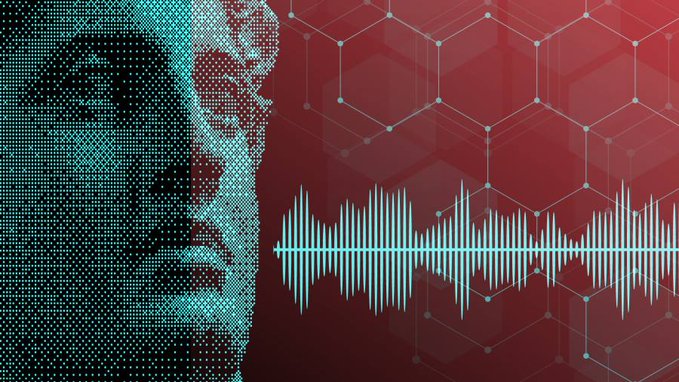
Synthetic voices may not be as good but they can still threaten human talent’s work and rights
Please use the sharing tools found via the share button at the top or side of articles. Copying articles to share with others is a breach of FT.com T&Cs and Copyright Policy. Email licensing@ft.com to buy additional rights. Subscribers may share up to 10 or 20 articles per month using the gift article service. More information can be found here.
https://www.ft.com/content/7c26a93f-88ec-4a50-8529-7df81af86208
We used to think that artificial intelligence would come for the bean-counters first. It seemed reasonable to assume that AI would transform or even eliminate jobs in sectors such as accountancy and insurance, while work associated with human traits such as creativity would be relatively untouched. But this theory looks flakier by the day. One group of workers who are really beginning to worry about AI are actors and other performance artists. A survey this year by Equity, the UK union for actors and other performing arts workers, found that 65 per cent of members thought AI posed a threat to employment opportunities in the sector, rising to 93 per cent of audio artists. This wasn’t just an amorphous fear about the future: more than a third of members had seen job listings for work involving AI and almost a fifth had undertaken some of this work. A range of AI start-ups are developing tools for use in film and audio, from making actors look and sound younger to creating AI voices that can be used for marketing campaigns, consumer assistants or even audiobook narration. Audio is such a popular medium now that companies need lots of it, but human actors are expensive and nowhere near as flexible as an AI voice, which can be made to say anything at the push of a button. These companies typically hire actors to provide hours’ worth of audio which can then be turned into a voice-for-hire.
